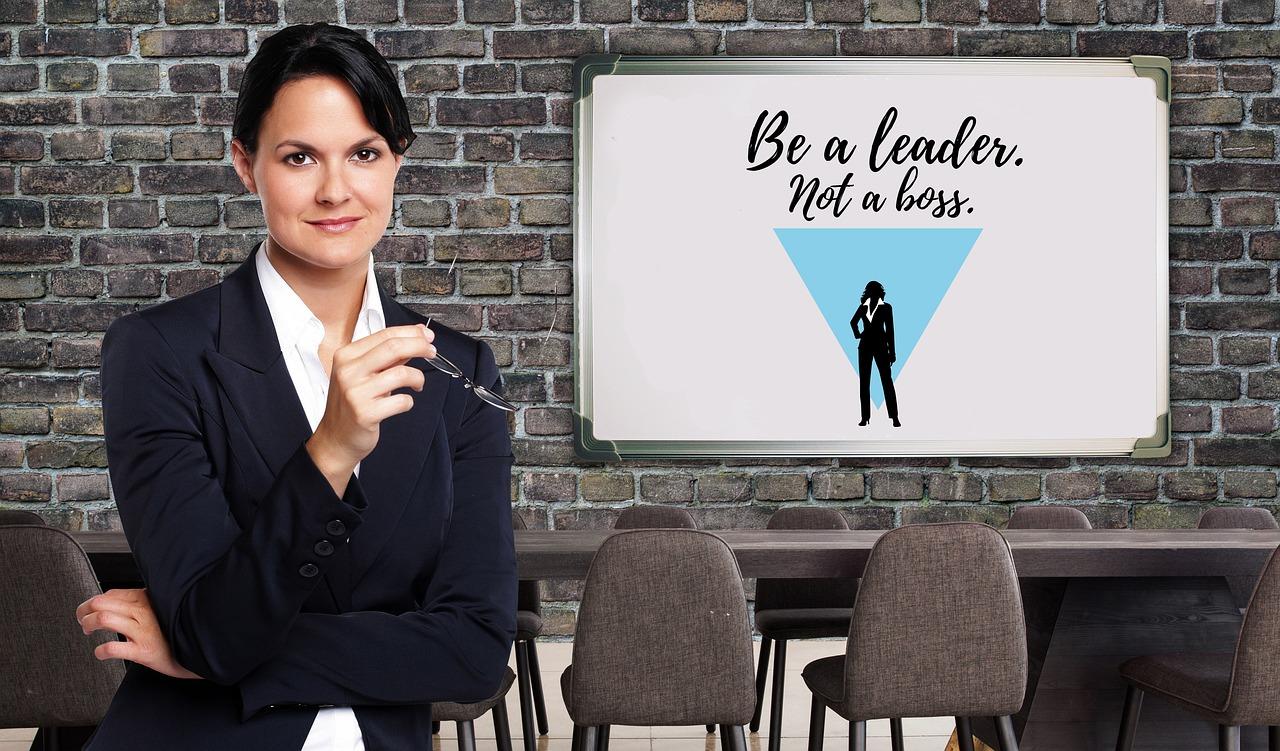When it comes to female representation in business and government, much of the world still needs to catch up.
The recent #TimesUp and #MeToo movements have begun to deliver change in certain industries around treatment and pay, but they’ve also highlighted how damaging perceptions and assumptions have been historically and continue to be.
“Women don’t want leadership roles”
In 2016, former Saatchi & Saatchi chairman Kevin Roberts said ‘their ambition is not a vertical ambition’ when asked about lower numbers of senior women in advertising. He didn’t deny the presence of talented women in the industry, but suggested that most women just don’t want to lead and hiring decisions should be made accordingly.
The Boston Consulting Group investigated this idea by asking 200,000 global employees about their ambition. Gender has no impact on people’s willingness to advance it found, but company culture does. Women enter the workforce with ‘the same – or higher – levels of ambition as men’ and having children doesn’t affect their desire for promotion. In companies where ‘both male and female employees feel that gender diversity at their organization is improving’, there’s no difference between male and female ambition.
“Women don’t have natural leadership skills”
A Harvard Business Publishing article from 2015 highlighted eight capabilities leaders need to be successful, including being able to manage complexity, think strategically, innovate, use their networks, and adapt. In reality, none of these abilities are innately masculine or feminine, but gender stereotypes are difficult to break down.
A study of 361 C-level executives found the majority believe leaders are made, or a combination of ‘made’ and ‘born’. The Center for Creative Leadership revealed 46% think experience makes the biggest difference to leadership ability, while 34% think it’s training, and 20% believe it’s down to natural traits.
A now-famous internal memo criticizing Google’s gender diversity policies stirred up a huge amount of debate in 2017. ‘Google’s ideological echo chamber’ is a 10-page article circulated by a male Google employee who claimed women are underrepresented in tech ‘because of inherent psychological differences’. The author believed women have a lower tolerance for stress, are too agreeable, and have “a stronger interest in people rather than things”, making them less suitable for a career in tech.
The female tech community was quick to dismantle this, including YouTube CEO Susan Wojcicki, who criticized the memo for ignoring the ‘implicit biases that haunt our industry’. She also highlighted the unfairness of Google’s female staff having to ‘face a very public discussion about their abilities’, something male staff rarely need to confront on such a scale.
“Women have to behave like men to achieve leadership roles”
The leadership traits held in highest regard are largely influenced by examples set by the current crop of global leaders and world’s richest people, such as Elon Musk, Jeff Bezos, and Bill Gates.
Leadership skills and traits are often perceived as masculine, when actually they’re just shared by some of the men currently at the top. If women were more visible in leadership, we might be more inclined to associate risk-taking, learning by failing, and wielding authority as inherently female, rather than naturally male characteristics.
These generalizations are at best lazy, and at worst motivated by an unwillingness to share power, ideas and experience. The Boston Consulting Group’s research into male and female ambition also found ‘creating a culture that enables more women to be ambitious does not put men at a disadvantage’, demonstrating there’s room for a variety of skills and perspectives.
“Current female leaders are the only people who can make a difference”
Only looking to female senior leaders to welcome other women (currently 20% of boards in the US and 29% of boards in the UK), is going to slow progress down. Their influence can be really important, but they’re already drastically outnumbered.
Ilene H. Lang, the former CEO of non-profit Catalyst, believes ‘high-potential women must be sponsored by C-suite executives, most of whom are men’. Mentorship and sponsorship need to be initiated by the most senior in an organization, whether they’re male or female, or those lower down the hierarchy will have to open all the doors themselves and are less likely to be recognized.
Facebook’s COO Sheryl Sandberg conducted research through her organization, Lean In, and found ‘the number of male managers who feel uncomfortable mentoring women has tripled’ – an unfortunate side effect of #MeToo. According to Sandberg, senior men stepping back could have a huge impact. She believes ‘if you’re not going to have dinners with women, then don’t have them with men’.
The burden of mentorship and opening doors is currently on the few senior women, while many male-dominated boards continue to operate in the same way they always have. The barriers are starting to come down, but changing these damaging patterns is the only way to dismantle them completely.
About Female Executive Search
Launched in 2001 by Patrick Mataix, an international successful entrepreneur, CEO Worldwide has earned a reputation for its capability to source, match and select the best C-level executives for urgent requirements – interim or permanent – with a strong expertise in cross-border placements.
In 2018, CEO Worldwide has created a platform dedicated to female leaders – www.female-executive-search.com – to promote executive gender balance at top management level and boards.
Today, CEO Worldwide and Female Executive Search have vetted more than 25,000 international executives covering 180 countries.


